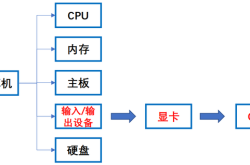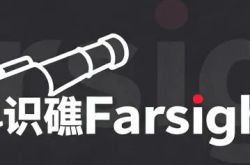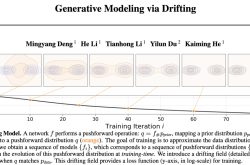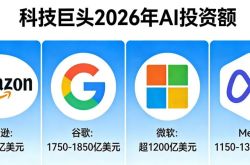60 Days Payment Deadline: Auto Companies Race to New Heights? [Auto Industry Circle]
![]() 06/19 2025
06/19 2025
![]() 715
715
The ultimate battle may be looming on the horizon.
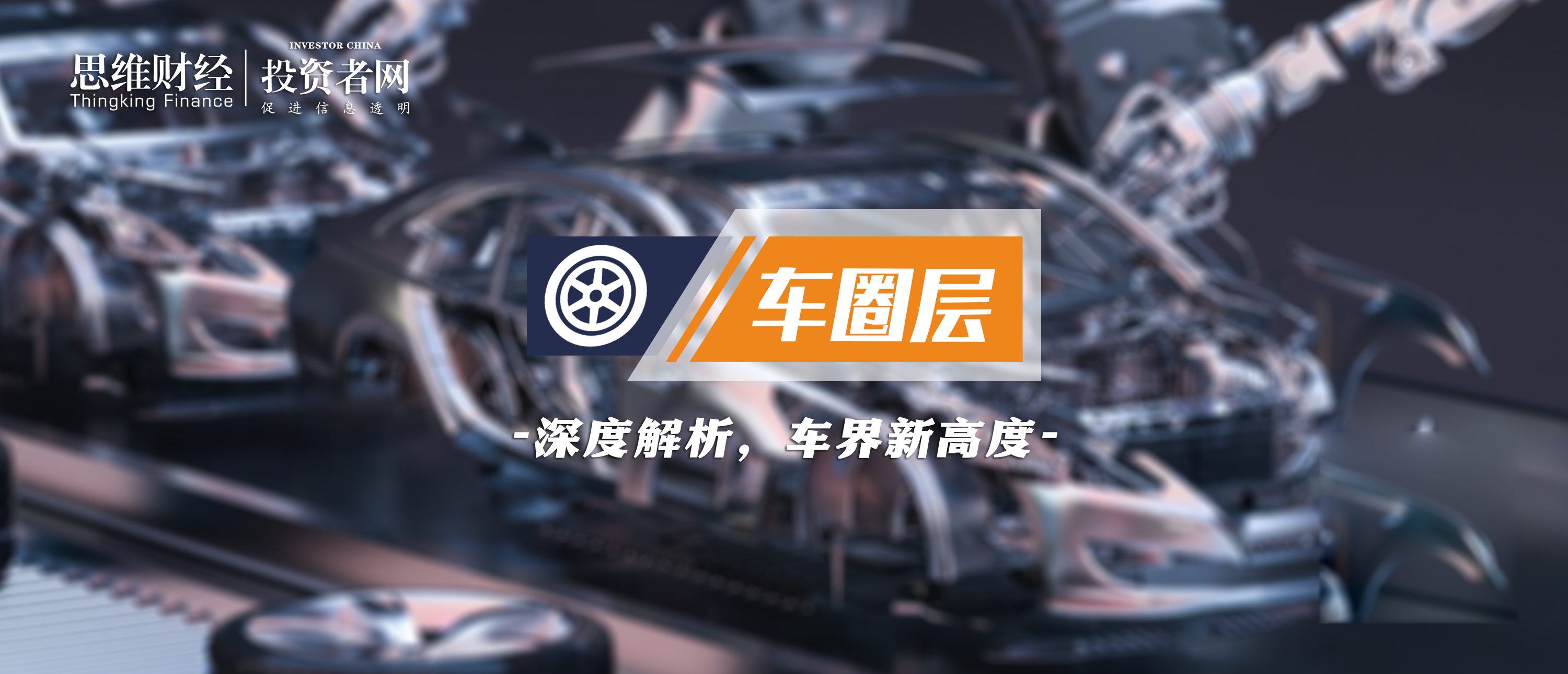
By Zhang Wei, ECNS
Suppliers have long grappled with extended payment terms, but a potential thaw may be on the horizon.
On June 10, according to MIIT News, four leading auto companies—FAW, Dongfeng, GAC, and Thalys—simultaneously announced that they would uniformly reduce supplier payment terms to within 60 days, setting a benchmark for the healthy development of China's automotive supply chain.
This move is also a proactive response to the newly revised "Regulations on Guaranteeing Payment for Small and Medium-sized Enterprises" (hereinafter referred to as the "Payment Regulations") issued by the State Council. The Payment Regulations were announced in March 2024 and came into effect on June 1.
Some market analysts suggest that the swift reaction of the automotive industry to the Payment Regulations signifies an escalation of "involution" within the sector. The battle over payment terms marks a new frontier in the competition among domestic automakers, following price wars and technology wars.
Once the battle begins, there is no turning back. Unlike price wars and technology wars, which primarily target end-users, the competition over payment terms delves deeper into automakers' internal control management, industrial collaboration, and other facets. The "triple challenges" of price, technology, and payment terms could push many automakers to the brink.
Payment terms are stretching longer
Auto payment terms, in essence, refer to the payment cycles that automakers grant to their suppliers. Data indicates that the length of these terms is primarily influenced by capital flows, business models, credit policies, and industry practices within the automotive supply chain.
Currently, extended payment terms in China's automotive supply chain have become an industry norm.
A vehicle comprises tens of thousands of parts. Automakers typically procure goods from suppliers with minimal upfront payments, then finance through third-party financial institutions to dealers, ultimately settling payments only after the vehicles are shipped.
This model ensures capital turnover for automakers while placing the burden of extended payment terms on suppliers. Furthermore, with the rise of supply chain finance, payment terms in the automotive industry have become increasingly protracted. For instance, one new energy vehicle company extended its payment terms from 60 days to 90 days by optimizing payment methods and settling transactions primarily through bank drafts.
Additionally, the subsidy policy for new energy vehicles has significantly impacted the extension of payment terms. Industry insiders reveal that due to the long recovery cycle of subsidy funds, some automakers have extended their payment terms.
For example, the accounts receivable balance of a new energy vehicle company accounts for nearly 30% of its total assets. This high proportion is primarily influenced by the slow recovery of new energy vehicle subsidies and the relatively lax payment terms for new energy vehicle sales. However, with adjustments to the subsidy policy, payment terms have shortened to some extent.
Moreover, driven by price wars, many automakers have responded by extending payment terms to reduce procurement costs, leading to widespread extension of payment terms. Some viewpoints assert that, influenced by price wars, the extension of payment terms has become standard practice.
In summary, the payment terms that auto suppliers must endure are growing longer.
According to data from late 2024, one automaker's payment term exceeded 200 days, and the industry average also surpassed 150 days. Relevant data shows that the average payment term for Chinese automakers is nearly twice that of international counterparts. However, some "new players" in automotive manufacturing boast shorter payment terms of just two months, giving them stronger bargaining power in the supply chain.
For suppliers, the length of payment terms is closely tied to the stability of their operations. Excessively long payment terms are essentially illusory profits and a cash crunch. Suppliers must sustain operations through discounting, short-term loans, and other means, which in the long run leads to an unhealthy industry development.
For automakers, the long-term "occupation" of supplier funds to maintain operations may trigger adverse chain reactions amidst market fluctuations or delivery delays. Therefore, managing payment terms between automakers and suppliers has become crucial for the healthy development of the automotive supply chain.
Will others follow suit?
On the tenth day of the Payment Regulations' official implementation, four automakers took the lead in responding.
FAW stated that as a state-owned super-large automotive enterprise group, it has always viewed suppliers as its closest partners, adhering to a shared destiny, mutual benefit, and win-win results to achieve high-quality development together.
FAW also outlined a specific action plan: First, clarify the payment deadline and method, setting "60-day payment" as the requirement for its subsidiaries and strengthening fund supervision and process management; second, optimize processes, enhance efficiency, strengthen internal coordination among procurement, finance, and other departments, streamline approval procedures, and ensure smooth payment processes; third, leverage technology for precise control, utilizing the digital cloud workbench to monitor all process nodes such as contract execution, invoice matching, and payment applications in real-time to ensure timely payments.
Dongfeng Motor announced that it would unify payment terms to within 60 days. This move signifies Dongfeng Motor's commitment to actively responding to the Payment Regulations, aiming to promote efficient capital flow upstream and downstream through concrete actions and support the harmonious development of the industrial chain.
Dongfeng Motor also emphasized its commitment to fulfilling the social responsibility and obligations of central enterprises, further playing the role of a "chain leader" in the industry, collaborating with upstream and downstream enterprises to build a more resilient and innovative automotive ecosystem, and injecting new vitality into China's automotive industry's high-quality development.
GAC emphasized its commitment to providing customers with high-safety, high-quality products and services, noting that the healthy development of the supply chain system is fundamental to ensuring product safety and quality. GAC will continue to adhere to a supplier payment term of no more than 60 days to ensure efficient supply chain fund turnover and collaborate with upstream and downstream partners to jointly promote industry high-quality development.
Thalys stated that it is actively promoting product integration and intelligent manufacturing agglomeration to effectively foster the coordinated development of upstream and downstream enterprises in the industrial chain and enhance the competitiveness of the entire industrial cluster. Thalys has always adhered to contractual payments with suppliers, maintaining a normal payment term of 60 days, achieving a win-win situation for both OEMs and suppliers.
These four automakers are quite representative. FAW and Dongfeng Motor are state-owned enterprise and central enterprise representatives, GAC is a major joint venture company, and Thalys embodies the popular "new forces" in automotive manufacturing. After these four automakers took the lead, netizens are now keen to see who will follow suit and who will remain silent.
Some netizens even vowed to buy cars from these four companies in the future. While this sentiment contains an element of jest, it also underscores the positive brand reputation these automakers have garnered from this move.
May accelerate industry reshuffling
In recent years, the rise of new energy vehicles has ushered in significant changes in the automotive manufacturing industry. Especially under the pressure from new energy vehicles, price wars have frequently erupted in the domestic auto industry. Since the beginning of 2023, price wars have swept through both fuel vehicle and new energy vehicle markets, including high-end brands like BBA.
In 2024, the price war in the automotive industry intensified further, with many automakers cutting prices by thousands to tens of thousands of yuan, and some models even experiencing price drops exceeding 30%. From automakers' perspective, price wars may compress profits and hinder research and development. However, from consumers' perspective, price wars are well-received.
But low-price competition will eventually become disorderly. Low prices may lead to reduced volumes, ultimately making it difficult for low-quality "involution" like price wars to continue. Additionally, under the guidance of relevant departments, the automotive industry has begun to shift from price wars to technology wars. Entering 2025, many automakers have proactively called a halt to price wars, indicating that they will redirect competition towards technological innovation.
The China Automotive Chongqing Forum was held on June 7. Observers noted that at this conference, the Chinese automotive industry engaged in a "collective reflection." Executives from multiple automakers stated that future competition among automakers would no longer center on relentless price wars but would shift from "involution" in specifications to underlying technological innovation capabilities.
However, the industry is in a state of constant flux. With FAW, GAC, and other automakers committing to keeping supplier payment terms within 60 days to ensure efficient supply chain fund turnover, this signals that in the coming years, technology wars and payment term wars in the automotive industry may commence simultaneously. In this scenario, whether industry consolidation will accelerate has become a topic of public discourse.
Statistics reveal that as of the end of May 2024, the number of complete vehicle enterprises nationwide exceeded 130. Among them, the number of passenger vehicle enterprises was 84, a decrease of approximately 30% compared to 119 at the end of 2023. China's automotive industry is undergoing integration, with market concentration continuously increasing.
Furthermore, from the perspective of the number of auto brands, there are currently fewer than 50 active auto brands in China, primarily manifested as three major forces occupying the market: joint venture brands, independent brands, and new force brands. Simultaneously, although the number of automakers is decreasing, the market share and influence of leading companies are still on the rise.
Industry media predict that as market saturation increases, the number of automakers and auto brands may further decline in the future. Besides advocating for orderly price competition and technological innovation competition, competition over compressed payment terms within 60 days may become a "catalyst" for accelerating reshuffling in the domestic automotive industry. Under multiple pressures, which automakers will survive and who will lag behind will also become the focus of market attention. (Produced by Siwei Finance) ■
Source: ECNS

